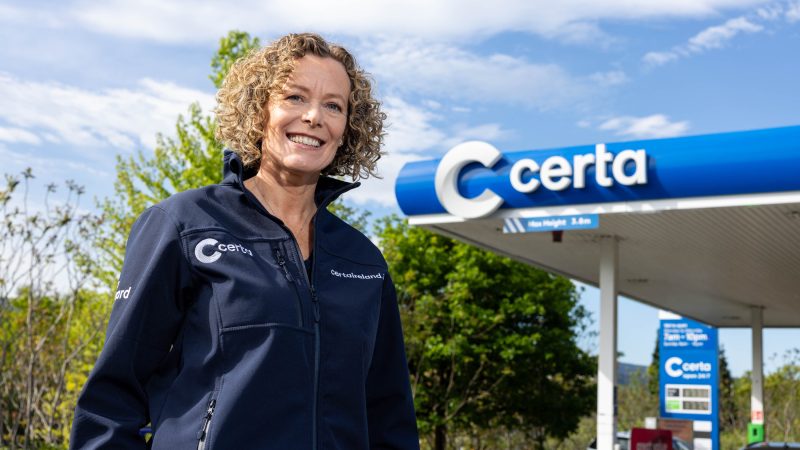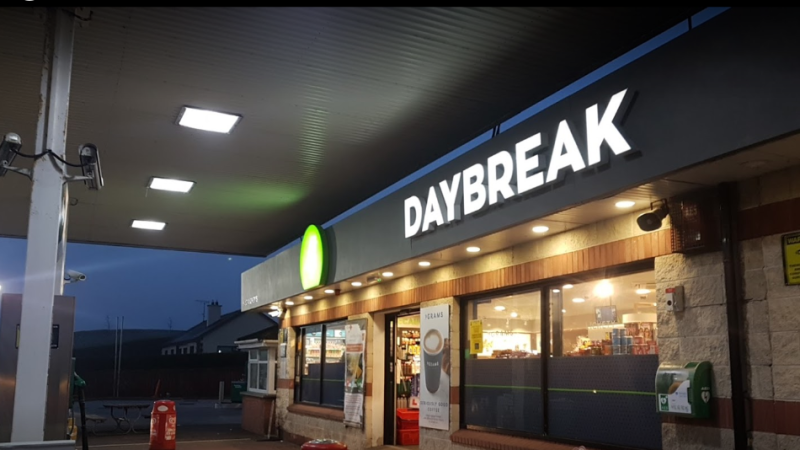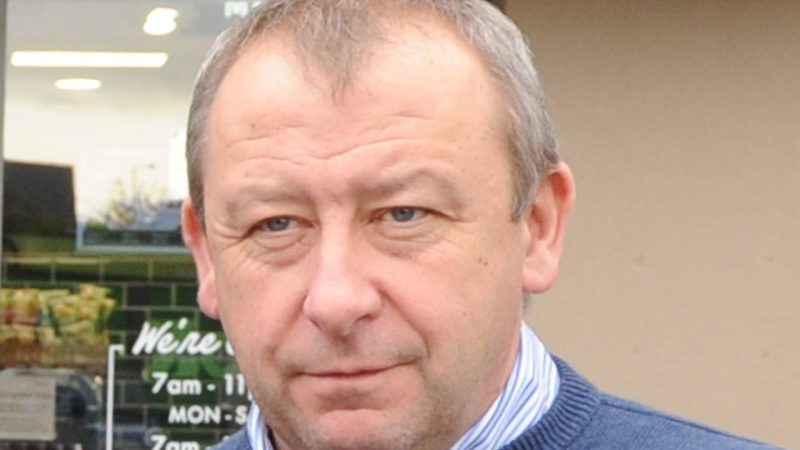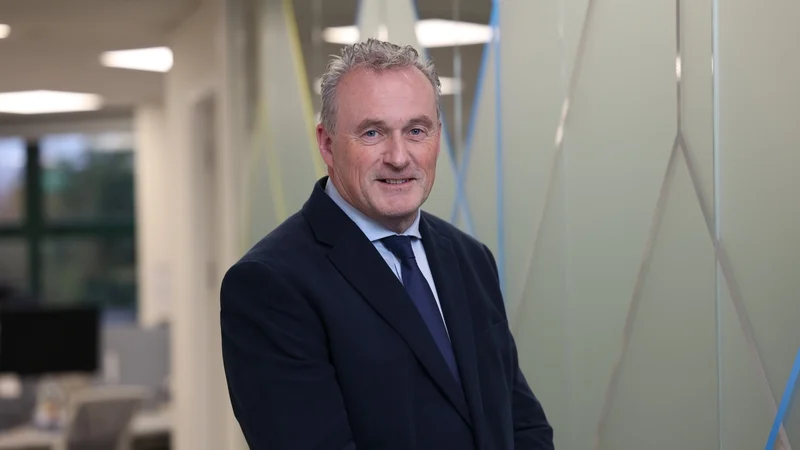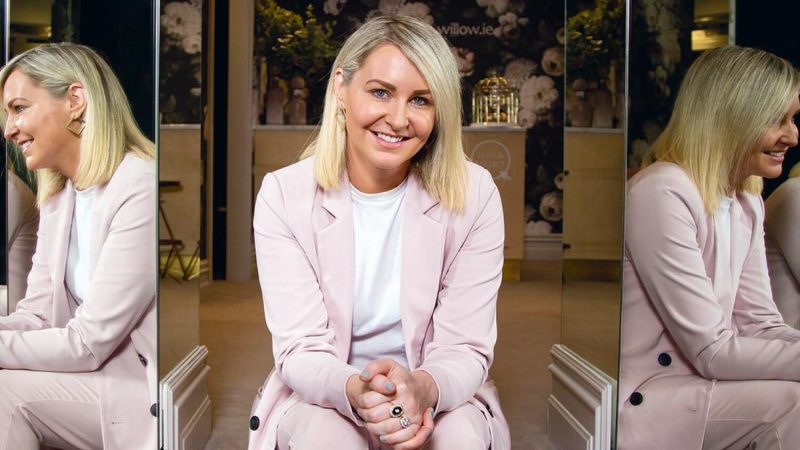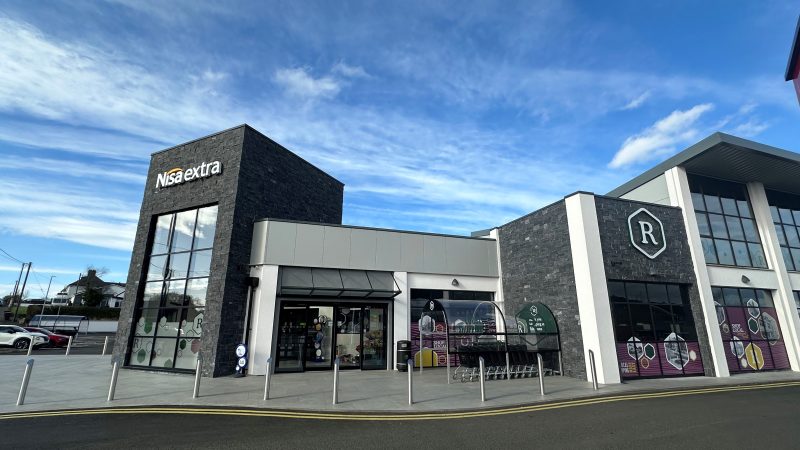Prioritising the consumer is the key to success
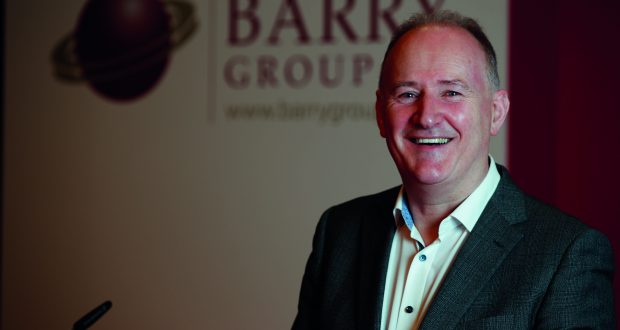
Founded in 1955, Barry Group has grown at a rapid pace, employing around 240 people today. Managing director Jim Barry tells IF&CR about how the company continues to grow, and reveals the key to sustainable success.
“Every company is unique and different in its own way, but I think what makes us stand out the most is our style of doing business, and how we execute it through our team. We set out to be very customer focussed and offer the best value for money for our consumers, whilst providing the very best support for our retailers.”
“2018 was a good year for us, as we saw a single digit market growth. Over the past couple of years we’ve experienced steady success, and with the difficult market environment we’re currently in we’re very content with that.”
Trading both nationally and internationally and supplying over 1000 customers; Barry Group supplies 265 Franchises under the Costcutter, Carry Out and Quik Pick symbols, as well as a large number of independent retailers and wholesalers based in Ireland. Recently, the symbol groups have undergone a revamp to keep up to date with the needs of the modern consumer.
“We’ve been doing a lot of work with our Costcutter brand over the last 18 months. The big focus on a brand perspective is local food-to-go and refreshing our customer experience. On top of that, the symbol group has undergone a massive image review, and we now feel that the current offering is the best out there in terms of style, colouring, vibrancy and offering. We want to offer our consumers the whole package.
“Our biggest priorities are currently our food-to-go and coffee offerings. We’ve extended our whole deli offering to provide premium, healthy foods through ‘Market Street Deli’ in selected stores, and also upgraded our standard daily Costcutter offering. We have a dedicated team who look after Costcutter’s fresh food, and the insights they have brought to the table so far have worked really well.
“We also developed our own brand of coffee, ‘Urban Sips’, which has taken off with tremendous success. We looked at this from a consumer perspective, to ensure that we understand our customer needs and put them first.
“For Quik Pick, we’ve also recently refreshed the brand. It’s usually seen as a smaller version of Costcutter, so I think the rebranding makes it stand out a little bit. Again, the food-to-go, coffee and customer service offering have all been enhanced, and that is currently where most of our focus lies.”
Under Jim’s leadership and vision, Barry Group has grown from a once local business to a leading wholesale distribution company. However, no matter how large the company grows, Jim says that keeping that personal touch between staff and customer is of paramount importance.
“The biggest project that is moving forward currently is around customer experience. We’ve invested in customer service training, and launching an ongoing roadshow of various training options for our customers in the next few weeks. Today, consumers are spoiled for choice, so we think that these small changes will make a big impact on our customers at Costcutter.”
“For our off licence, Carry Out, we have an extensive portfolio of exclusive brands which is a major part of what makes Carry Out unique. I think one of the most important parts of operating an off licence is the one-on-one interaction between the customer and member of staff. That’s something that supermarkets can’t really do, so we want to make sure we are taking the opportunities we can to provide a personal customer experience for each person who walks in the door.”
As well as prioritising every consumer who visits Costcutter, Quik Pick or Carry Out, Barry Group are also passionate about investing in the local communities around their stores.
“Every other year we run the Mallow Area business awards, which aims to encourage people in local businesses and create opportunities to recognise people who normally don’t receive recognition. We’ve been running it for almost 14 years now in conjunction with the Chamber of Commerce, and it’s been a really positive project for both us and the local community.
“Mallow have a very strong race course, and they’ve launched a new initiative which we’re sponsoring called the ‘Mallow Race & Taste’ festival. The idea is to celebrate local producers of food and drink, and showcase the very best of what the community has to offer. We love getting the chance to get behind the cause and promote local food businesses.
“For us, supporting local is really important. We encourage our customers to join in and get involved in local teams and campaigns that we promote. I personally get involved in some of the mentoring programmes with various businesses, to encourage entrepreneurs to have a positive impact in their surrounding areas.”
With the rise of employment costs, issues with staffing, and Brexit around the corner, Jim sheds some light on how the Barry Group tackle the challenges that many retailers are facing.
“I think the market we’re in is a tough one. It’s an equal challenge between retailers and wholesalers, and it’s all about keeping the balance between maintaining a relevant offering whilst providing great customer service. We try to keep our team engaged and challenge our retailers both professionally and constructively to maintain high standards in their stores and keep up to speed with the needs of their consumers. The modern consumer is becoming very demanding. Because of the abundance of choice all around, if they’re not getting what they want from us, they’ll go to someone else. The challenge is making sure that doesn’t happen.
“What we’re finding now is that our consumers are demanding both healthy foods and healthier foods, and there’s a significant difference. With healthier food, consumers are looking for their classic favourites with alternative ingredients – so we make sure we’re bringing in more gluten, dairy and wheat free products. With healthy foods, we’ve brought in vegan options and other foods that our health conscious customers seem to really enjoy.
“Symbols in different location areas need different types of healthy food offerings. In rural areas, consumers tend to want their traditional foods with a healthier twist, whilst the retailers in urban areas are finding a higher demand for straight up healthy meals, and the need to cater for more vegetarian and exotic diets.
“We are always trying to find new innovative ways to manage rising costs and implement efficiency. By doing so, we’re seeking to create a healthy, positive team. I believe that if you have a smoothly running and unified team, everything else tends to falls into place after that.
“I think for any business it’s really important to develop positive relationships with the customers, and cultivate a really positive team environment.”



